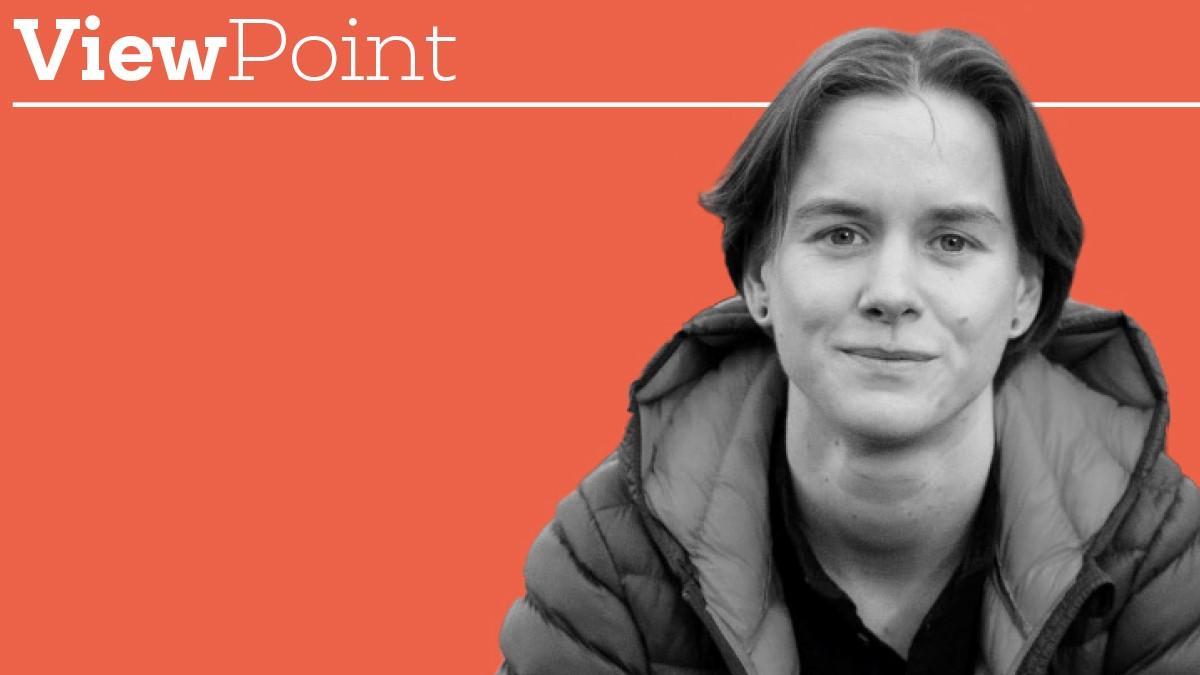Missed opportunities when it comes to physiotherapy care for LGBTQIA+ individuals? Niko Brenner examines the evidence

Are we missing an opportunity for physiotherapists to play a bigger role in tackling the health inequalities faced by the LGBTQIA+ population? LGBTQIA+ people face significant barriers to accessing physical activity and exercise spaces in society.1, 2
This has a profound knock-on effect on their health as they may not be able to reap the physical, social and mental health benefits that physical activity can bring. Is there scope for physios to play a role in providing this population with physical activity interventions?
Firstly, we need to ask – are physios equipped to provide culturally sensitive healthcare to LGBTQIA+ patients?
Two recent Australian studies showed that LGBTQIA+ individuals experience discrimination, lack of awareness of their healthcare needs, and discomfort around the close physical nature of physiotherapy encounters.3 Physios were also found to have low awareness of LGBTQIA+ specific healthcare needs, as well as the relevance of sexual orientation and gender identity to the care they provide.4
Meanwhile, a 2018 Stonewall report revealed similar issues in the UK, with many LGBTQIA+ people reporting discrimination or inappropriate curiosity from healthcare providers.5
Physios in the UK do not routinely receive any formal university teaching around LGBTQIA+ specific healthcare. This lack has been found to negatively affect healthcare delivery to LGBTQIA+ patients, as has been highlighted in several international studies. 6, 7
To improve how LGBTQIA+ care is delivered, all physios should receive some formal teaching. Similarly, frequent discussions on how practices may or may not be inclusive should be encouraged at all levels. This way we can further our ability to provide culturally safe care and, in the longer term, expand our scope of practice to delivering tailored interventions to a population often overlooked by mainstream healthcare services.
References
1. Gorczynski PF, Brittain DR. Call to action: the need for an LGBT-focused physical activity research strategy. American journal of preventive medicine. 2016 Oct 1;51(4):527-30
2. Herrick SS, Duncan LR. A systematic scoping review of engagement in physical activity among LGBTQ+ adults. Journal of Physical Activity and Health. 2018 Mar 1;15(3):226-32
3. Ross MH, Setchell J. People who identify as LGBTIQ+ can experience assumptions, discomfort, some discrimination, and a lack of knowledge while attending physiotherapy: a survey. Journal of physiotherapy. 2019 Apr 1;65(2):99-105
4. Ross M, Setchell J. Physiotherapists’ knowledge regarding and experience working with clients who identify as LGBTQIA+. Journal of Science and Medicine in Sport. 2021 Nov 1;24:S39-40
5. Bachmann C.L., Gooch B. Stonewall LGBT in Britain: Health Report.
6. McCann E, Brown M. The inclusion of LGBT+ health issues within undergraduate healthcare education and professional training programmes: A systematic review. Nurse education today. 2018 May 1;64:204-14
7. Sekoni AO, Gale NK, Manga-Atangana B, Bhadhuri A, Jolly K. The effects of educational curricula and training on LGBT-specific health issues for healthcare students and professionals: a mixed-method systematic review. Journal of the International AIDS Society. 2017;20(1):21624
Number of subscribers: 1
